Premium Only Content
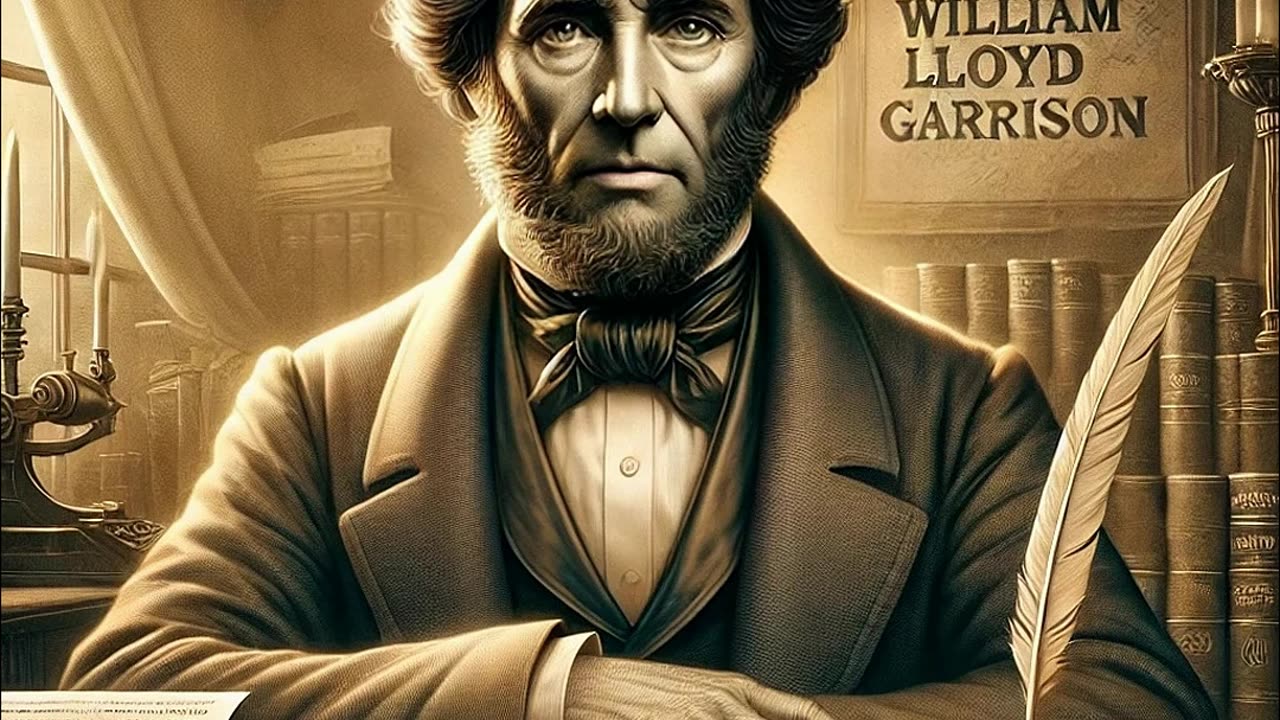
William Lloyd Garrison Tells His Story as an Abolitionist and Printer of Anti Slavery News
Presented to you by: http://www.HistoricalConquest.com
Read more on our blog at: https://www.historicalconquest.com/blog
My name is William Lloyd Garrison, and I dedicated my life to fighting one of the greatest evils in human history: slavery. I was born in 1805 in Newburyport, Massachusetts, to a poor family. My father abandoned us when I was young, and my mother worked tirelessly to support me and my siblings. We didn’t have much, but we had determination, and I think I inherited my stubborn sense of justice from her. As a boy, I apprenticed as a printer, where I discovered the power of words. I realized that writing and publishing could be used to educate, persuade, and ultimately change the world.
I began my career as a journalist, and soon, my focus turned to the abolition of slavery. At first, I thought gradual emancipation might be the answer, but the more I saw of slavery, the more I realized how wrong that idea was. Slavery was a monstrous injustice that needed to end immediately. I knew this stance would make me unpopular, but I couldn’t stay silent. In 1831, I founded The Liberator, a newspaper dedicated entirely to the cause of immediate abolition. I wrote fiery editorials condemning slavery and called for the complete and equal rights of African Americans. I didn’t sugarcoat my words, and I made no apologies. This wasn’t just a political issue—it was a moral one.
Not everyone appreciated my work. My views earned me enemies in both the North and the South. Slaveholders hated me for calling out their cruelty, and even many Northerners, who didn’t want to disrupt the status quo, accused me of being too radical. I faced death threats, mobs, and even physical violence. In one infamous incident, a mob dragged me through the streets of Boston, threatening to kill me. But I survived, and I didn’t back down. The abolitionist cause was too important to be intimidated into silence.
I didn’t just publish a newspaper—I spoke at rallies, formed abolitionist societies, and worked alongside incredible people like Frederick Douglass, Harriet Beecher Stowe, and Harriet Tubman. I believed deeply in nonviolence and moral persuasion, although I understood that not all abolitionists shared this approach. I was also an early advocate for women’s rights, believing that the fight for equality should include everyone, regardless of race or gender.
When the Civil War began, I saw it as a chance to finally destroy the institution of slavery. I pushed for President Lincoln to issue the Emancipation Proclamation and make the war a fight for freedom. And when the Thirteenth Amendment was passed in 1865, officially abolishing slavery, I knew our work had finally borne fruit. It was one of the greatest moments of my life.
Even after slavery was abolished, I continued to advocate for equal rights for African Americans and women. I knew that true justice wasn’t just about ending slavery—it was about creating a society where everyone had the same opportunities and freedoms. My life wasn’t easy, and I wasn’t always loved, but I never regretted the path I chose. I hope you’ll remember this: when you see an injustice, speak out. Don’t wait for someone else to fix it. Use your voice, your pen, or whatever tools you have, because the world needs people who are willing to stand up for what’s right. That’s what I tried to do, and I hope you’ll do the same.
Visit us at: https://www.historicalconquest.com/marketplace
#historicalconquest #history #historical #RevolutionaryWar #AmericanRevolution #AfricanAmerican #BlackAmerican #Freedom #Slavery #Liberty #Independence #Justice #Freedom #colonialera #colonialamerica #constitution #usconstitution #unitedstates #unitedstatesofamerica
-
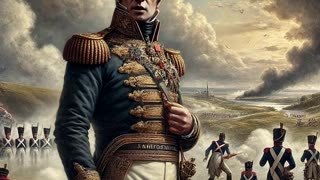 0:59
0:59
The Historical Conquest Channel
3 days agoWilliam Hull Tells His Story Serving in the American Revolution and War of 1812 and Being Sentences
141 -
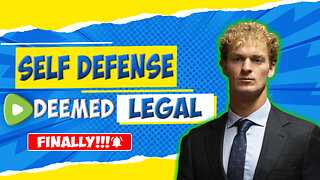 12:19
12:19
Tundra Tactical
10 hours ago $9.70 earnedDaniel Penny Beats Charges in NYC Subway Killing
40.4K10 -
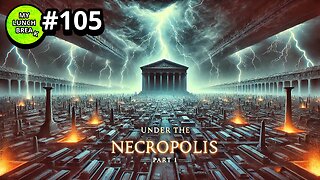 29:53
29:53
MYLUNCHBREAK CHANNEL PAGE
1 day agoUnder The Necropolis - Pt 1
111K45 -
 2:00:10
2:00:10
Bare Knuckle Fighting Championship
3 days agoCountdown to BKFC on DAZN HOLLYWOOD & FREE LIVE FIGHTS!
47.4K3 -
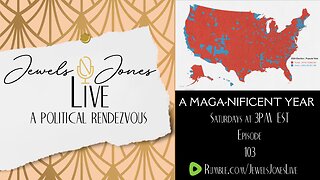 2:53:01
2:53:01
Jewels Jones Live ®
1 day agoA MAGA-NIFICENT YEAR | A Political Rendezvous - Ep. 103
121K31 -
 29:54
29:54
Michael Franzese
14 hours agoCan Trump accomplish everything he promised? Piers Morgan Article Breakdown
117K49 -
 2:08:19
2:08:19
Tactical Advisor
18 hours agoThe Vault Room Podcast 006 | Farwell 2024 New Plans for 2025
187K11 -
 34:12
34:12
inspirePlay
1 day ago $5.65 earned🏆 The Grid Championship 2024 – Cass Meyer vs. Kelly Rudney | Epic Battle for Long Drive Glory!
87.2K8 -
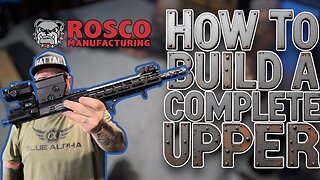 17:50
17:50
BlackDiamondGunsandGear
15 hours ago $2.98 earnedTeach Me How to Build an AR-15
61.4K6 -
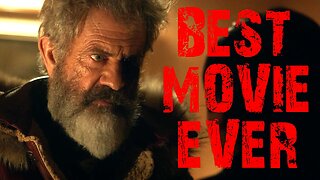 9:11
9:11
Space Ice
1 day agoFatman - Greatest Santa Claus Fighting Hitmen Movie Of Mel Gibson's Career - Best Movie Ever
119K47